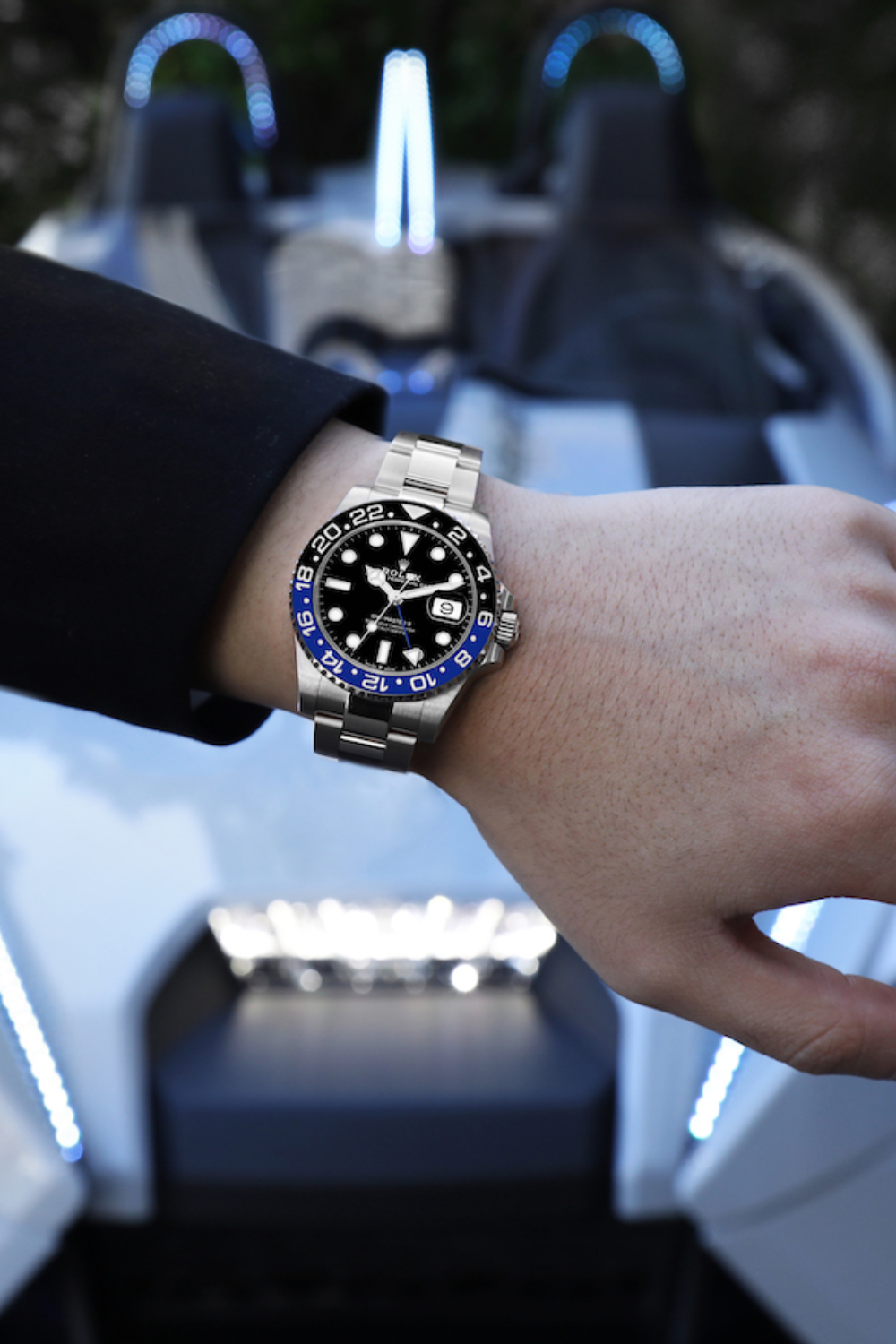Ever get the feeling that finding a great watch is a bit like finding a needle in a haystack? Between all the styles, brands, and price points, choosing the right timepiece can feel like a full-time job. But here’s the good news: whether you’re looking at a quartz or mechanical watch, there’s something out there for everyone—no banker’s salary required.
If you’re anything like me, you’ve probably looked at high-end watches and thought, “One day.” There’s something about a beautifully crafted timepiece that just speaks to us. But let’s face it, not all of us have the budget for a Rolex or an AP. So how do you get a quality watch without spending a fortune, and what exactly should you be looking for?
I was in the same boat a while back. I wanted a quality watch that felt authentic and would last, but I didn’t want to sacrifice style or break my budget. I did my research and learned a thing or two along the way. Let’s break down the basics, the benefits of quartz vs. mechanical, and what to look for in terms of quality and budget.
Quartz vs. Mechanical: What’s the Difference?
1. Quartz Watches: Reliable and Low Maintenance
Quartz watches use a battery to keep time, making them incredibly accurate and low maintenance. They’re perfect if you’re looking for a “set it and forget it” watch. Plus, quartz movements are generally more affordable than their mechanical counterparts. This makes quartz watches a go-to option if you want something reliable without the hassle of winding or resetting.
For example, Citizen and Seiko both make high-quality quartz watches that look fantastic and won’t let you down. And yes, they’ll last a long time if you take care of them.
2. Mechanical Watches: Tradition and Craftsmanship
Mechanical watches are a whole different game. They’re powered by a complex system of gears and springs, all working together without a battery. For many, it’s this craftsmanship and tradition that makes a mechanical watch feel special. Every tick of a mechanical watch is powered by the wearer’s movements (automatic) or by winding the watch manually.
Brands like Tissot and Oris offer entry-level mechanical watches that bring that classic feel without requiring you to refinance your house. While these watches may be less accurate than quartz, they offer a unique charm that many watch lovers appreciate.
The In-House Movement Debate: Does It Really Matter?
You might have heard the phrase “in-house movement,” which means a watchmaker produces its own movements rather than outsourcing them. But is it a deal-breaker if a watch doesn’t have an in-house movement? Not necessarily.
Take Patek Philippe, Audemars Piguet, and Rolex—these brands are known for making their own movements, which is a big selling point. But many respected watchmakers, including some in the Swatch Group and Richemont, source movements from specialists. These outsourced movements are often high-quality, especially if the watchmaker refines and adjusts them for performance.
So, should you stress about in-house movements? Not really. Focus on the watch’s overall quality and craftsmanship instead. For most of us, it’s more about what the watch offers in terms of style, reliability, and how it feels on the wrist.
Choosing the Right Watch for Your Budget: Key Points to Consider
1. Quality Over Hype
In today’s watch market, it’s easy to get drawn into brands that are all about hype. But quality matters more than a logo or brand association. Look for watches from reputable makers with a history of solid craftsmanship, even if they’re less well-known.
Independent brands like Christopher Ward or Nomos Glashütte have earned respect for making exceptional watches without the premium price tag attached to bigger brands. They’re well-crafted, stylish, and offer impressive value.
2. Durable Materials
Another thing to watch for is the build material. Stainless steel cases and sapphire crystal glass are typically your best bets for durability and longevity. Leather or rubber straps are comfortable, but they’ll need replacing over time.
3. Movement Quality
Whether quartz or mechanical, aim for watches with reliable movements. Quartz options from Seiko or Citizen, and mechanical movements from ETA or Miyota, are solid choices. These movements are used by many respected brands and are known for longevity.
4. Consider Vintage
Buying vintage is another way to get a high-quality watch without overspending. You can often find classic mechanical watches from brands like Omega, Hamilton, and Longines on the pre-owned market. Just be sure to purchase from reputable dealers to avoid counterfeits and get an idea of the watch’s service history.
Quartz vs. Mechanical: Which Is Best for You?
1. If You Prioritize Accuracy and Low Maintenance: Quartz
If you want a watch that’s accurate, affordable, and doesn’t require much maintenance, quartz is a solid choice. It’s ideal for daily wear, offering reliability without any fuss. And with options ranging from budget-friendly Casio to higher-end models from Citizen and Bulova, there’s something for every budget.
2. If You Love Craftsmanship and Tradition: Mechanical
A mechanical watch is a classic choice for anyone who values craftsmanship and doesn’t mind a bit of upkeep. While these watches may require more care, they’re appreciated for their artistry and historical value. If you’re intrigued by the inner workings of a watch, a mechanical piece might be exactly what you’re looking for.
Automatic Movements vs. Quartz: The Pros and Cons
Here’s a quick comparison to help you decide:
- Quartz Pros: High accuracy, low maintenance, and generally more affordable.
- Quartz Cons: Lacks the artistry and tradition of mechanical watches.
- Mechanical Pros: Showcases watchmaking craftsmanship and doesn’t require a battery.
- Mechanical Cons: Less accurate than quartz, and requires more maintenance.
A Personal Story: Why I Chose My First Mechanical Watch
A while back, I finally decided to buy my first mechanical watch—a Tissot PRX Automatic. I was drawn to it because of its classic design, but more than that, I loved the idea of owning a piece of craftsmanship. I still have it, and every time I wear it, there’s something satisfying about knowing it’s powered by tiny gears and springs instead of a battery.
It wasn’t the most expensive watch on the market, but it felt like a true investment in quality. Now, whenever I look at my collection, I see pieces that reflect my tastes and values, and that’s what makes collecting watches so rewarding.
Finding Your Perfect Watch
Ready to find your own timepiece? Think about what matters most to you—whether that’s low maintenance, craftsmanship, or simply a watch that feels good on your wrist. Start by exploring some of the brands mentioned here and see what fits your style and budget. And if you already have a watch you love, tell me about it in the comments—I’m always up for talking watches!
Remember, finding the right watch doesn’t mean you have to buy the most expensive one out there. There’s a world of great options that fit any budget. Whether you go for quartz or mechanical, focus on what resonates with you, and you’ll end up with a piece that you’ll enjoy every time you put it on.
In the end, a watch is about more than just keeping time—it’s a reflection of personal style, taste, and sometimes, a bit of history. Whether it’s quartz or mechanical, what matters most is that it feels right for you. So next time you’re considering a new watch, take a moment to appreciate the details and pick the one that speaks to you. Happy watch hunting!









